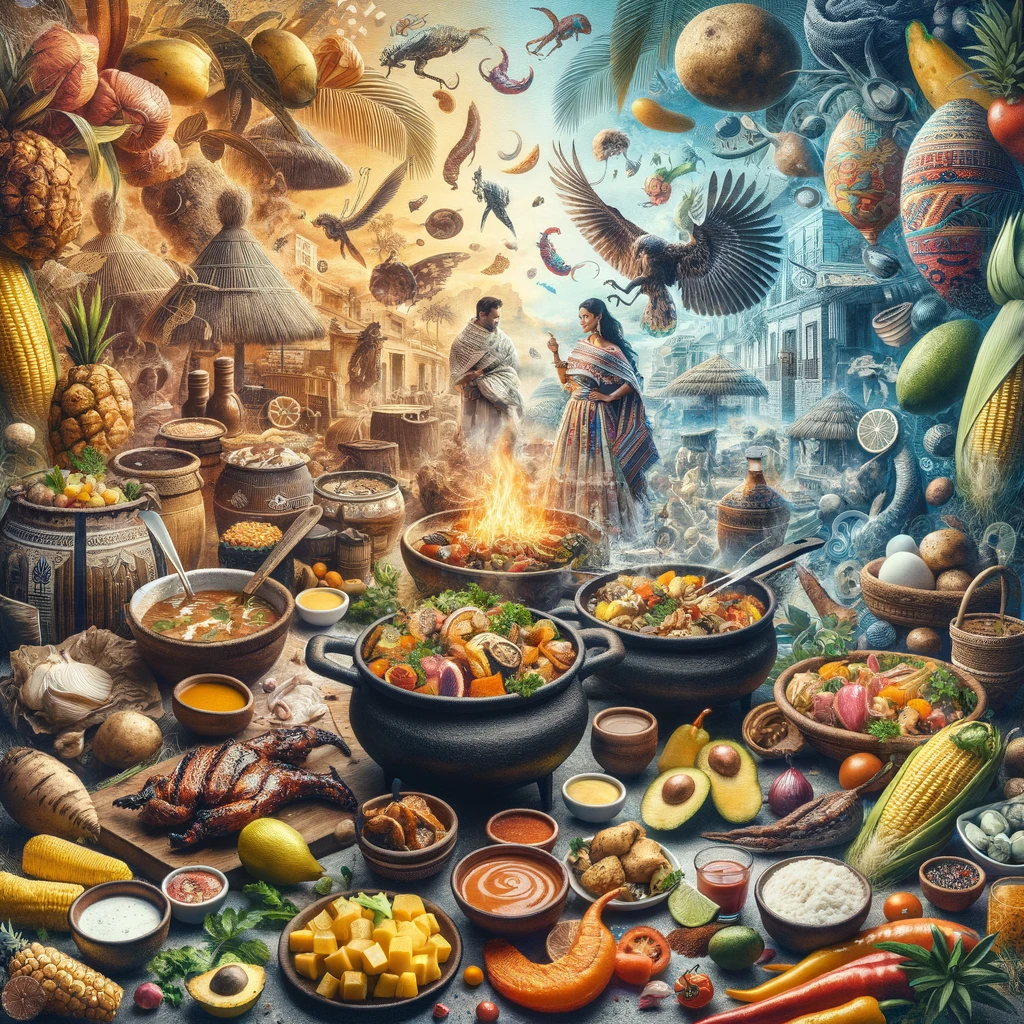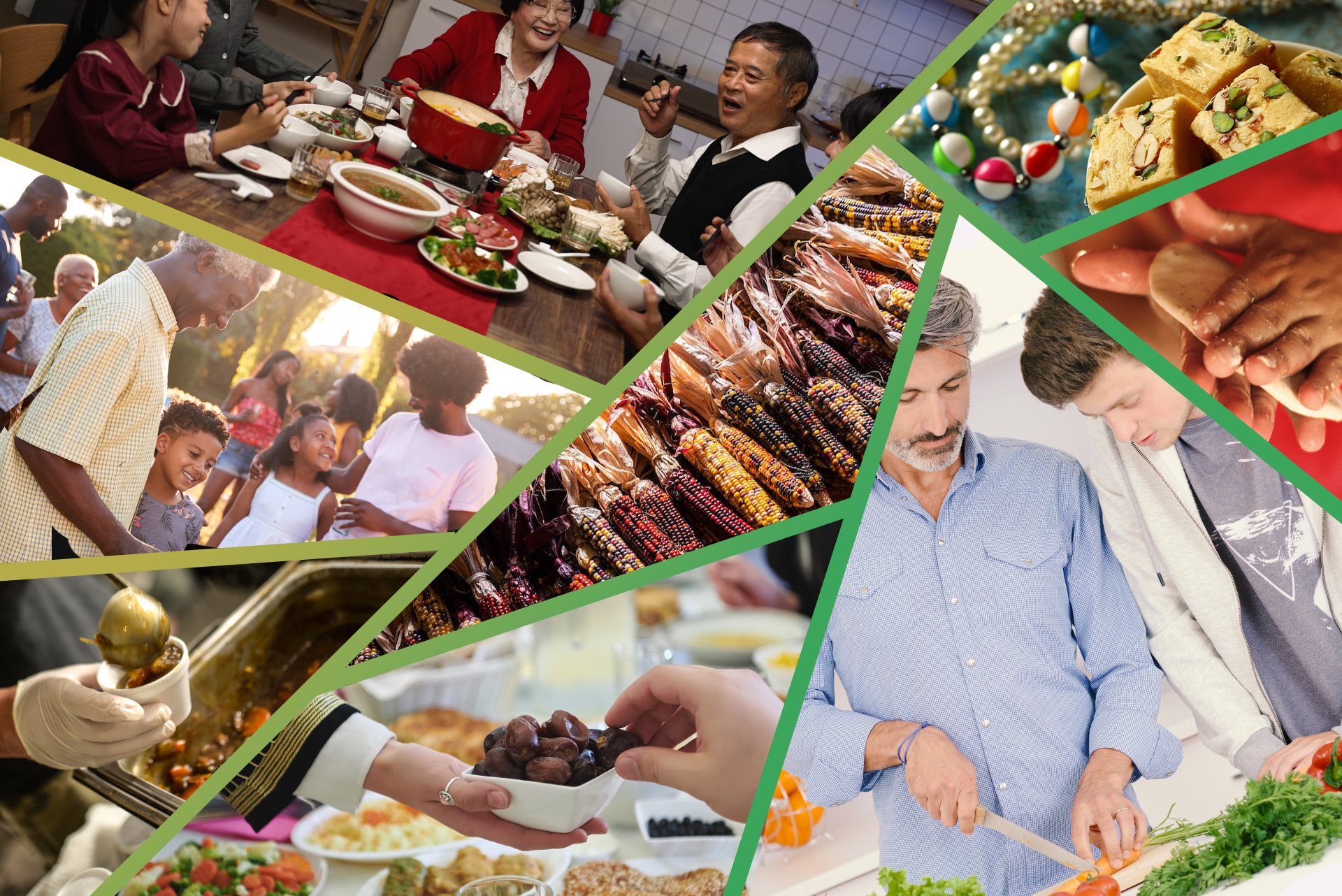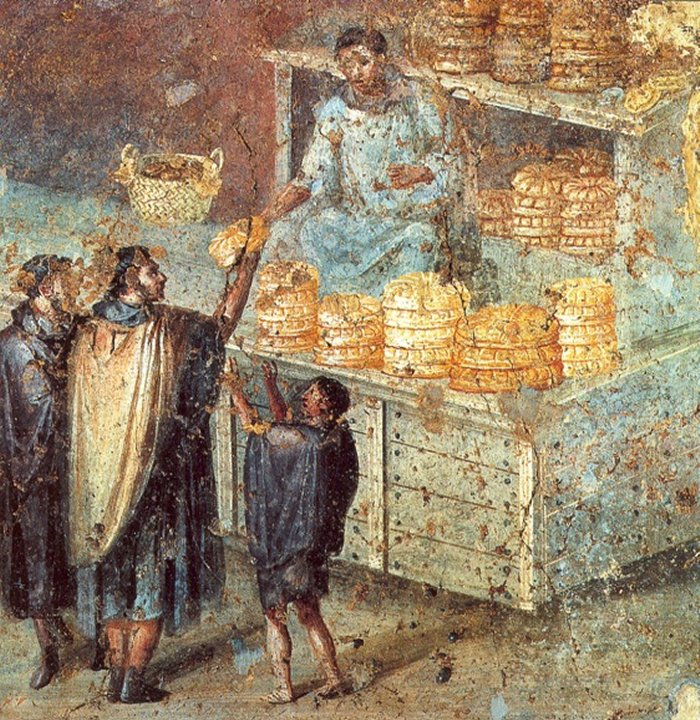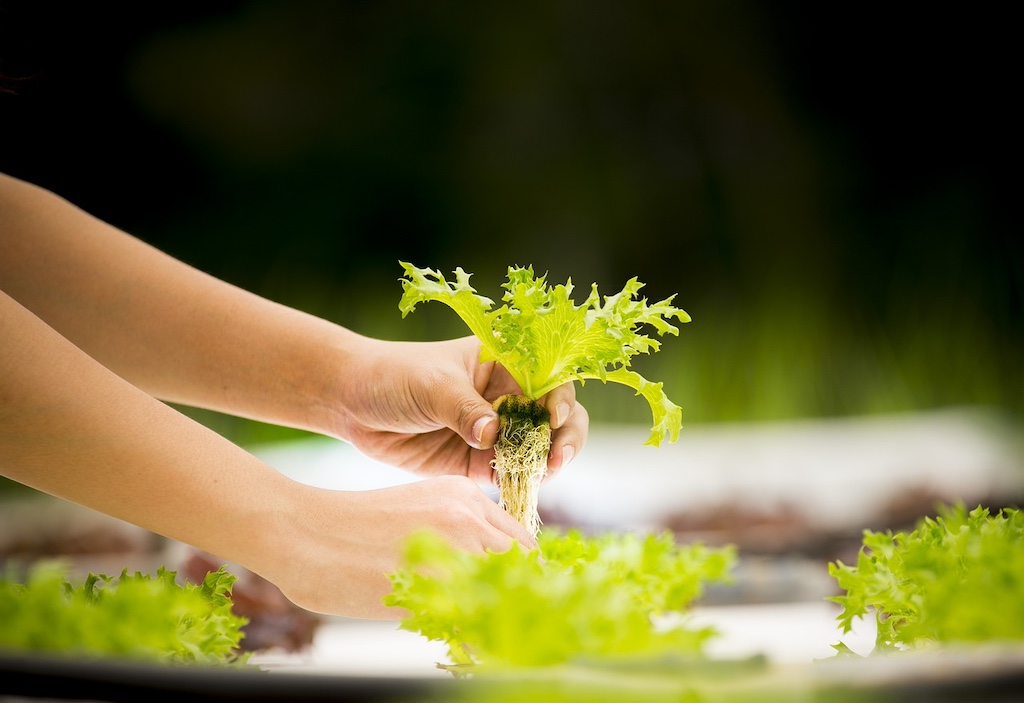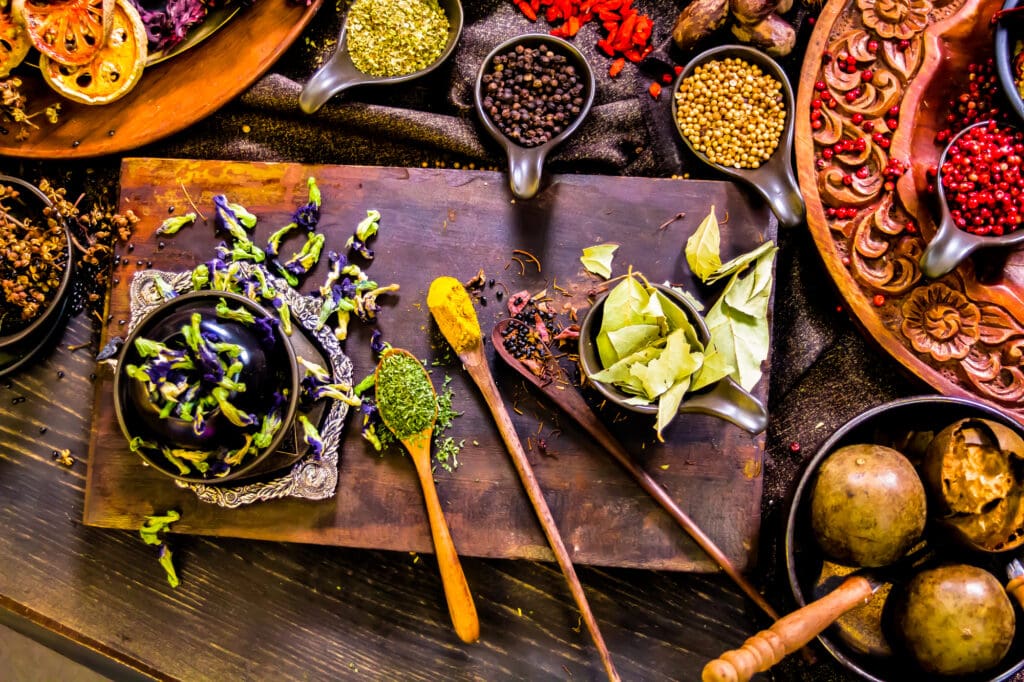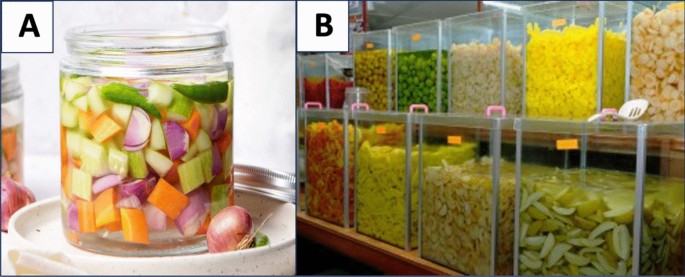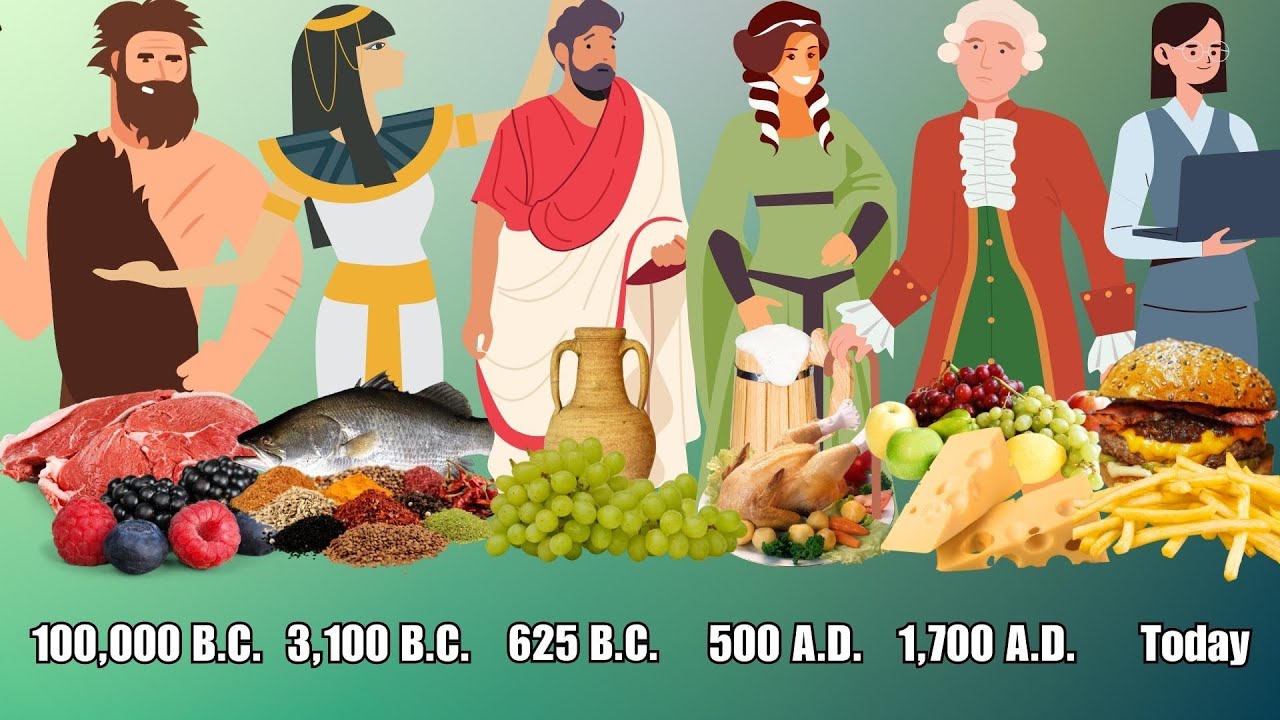Colonialism has significantly influenced the culinary landscapes of former colonies, shaping not only the ingredients and dishes but also the methods of preparation and sharing of food. This text examines the complex history of colonialism and its impact on culinary traditions worldwide. It highlights the introduction of new ingredients and cooking techniques, as well as …
Communal meals have historically served as a fundamental aspect of cultural identity, facilitating connections and nurturing social ties across various societies. From the bustling streets of Asia to the vibrant gatherings in Africa and the rich traditions of Native American cultures, these shared dining experiences are essential for building community, exchanging knowledge, and reinforcing interpersonal …
Bread has long been a fundamental component of human sustenance, significantly influencing diets and cultures worldwide. This article examines the history of bread-making, tracing its origins in ancient civilizations and the development of techniques that transformed basic grains into valued staples. It delves into the rituals and beliefs that accompany this time-honored practice, emphasizing its …
Ancient grains are experiencing a significant resurgence, providing numerous nutritional, environmental, and sustainability advantages. These resilient crops not only nourish the human body but also promote healthier agricultural practices. This discussion will explore the role of ancient grains in sustainable farming, the challenges they encounter, and the innovative techniques that are shaping their future. Additionally, …
Indigenous cuisine represents more than mere sustenance; it serves as a vibrant expression of culture, tradition, and the environment, embodying the essence of food systems and cultural heritage. This article examines the unique characteristics of indigenous cuisine and its relationship with climate. From the traditional Inuit dishes of the Arctic to the rich flavors inherent …
The spice trade possesses a rich and significant history that has profoundly influenced global culinary practices and the flavors of cuisines worldwide. From ancient trade routes to contemporary marketplaces, spices have not only transformed culinary dishes but have also played a crucial role in cultural exchanges, seasoning techniques, and health practices. This article examines the …
Fermented foods have been integral to traditional diets for centuries, valued not only for their distinctive flavors but also for their notable health benefits and nutritional value. From kimchi in Korea to sauerkraut in Germany, these foods represent the rich tapestry of cultural traditions and ethnic cuisines across the globe. This article examines the nature …
Culinary heritage represents more than merely food; it is a rich tapestry composed of the traditions, narratives, and flavors inherent to diverse cultures worldwide, highlighting the significance of food preservation and culinary storytelling. As globalization poses a significant threat to the preservation of unique culinary practices, it is imperative to recognize the importance of safeguarding …
In recent years, there has been a significant trend towards the appreciation of traditional foods, including superfoods, coupled with their adaptation and recipe modifications to align with contemporary health trends. As individuals become increasingly health-conscious, the demand for natural and whole foods has risen sharply, primarily driven by concerns regarding industrialized food production. This article …
Traditional cooking techniques represent more than mere methods of food preparation; they constitute a vibrant tapestry intricately woven into the cultural fabric of communities worldwide. These time-honored practices not only preserve unique flavors and ingredients but also reflect the history, heritage, and identity of specific regions. An exploration of various traditional cooking techniques reveals their …

